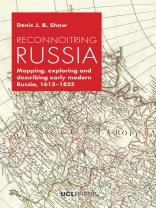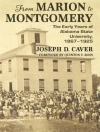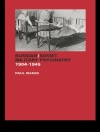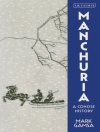Like many European countries during the Great Age of Discovery and Exploration, Russia embarked on policies of state building, exploration and imperial expansion. At the beginning of the fourteenth century, the territory under Moscow’s control was about twenty thousand square kilometres. By 1800 Russia’s empire had expanded to some eighteen million square kilometres. Russia had thus become one of the world’s greatest empires.
By focusing on such geographical practices as exploring, observing, describing, mapping and similar activities, Reconnoitring Russia seeks to explain how Russia’s rulers and its educated public came to know and understand the territory of their expanding state and empire, especially as a result of the modernizing policies of such sovereigns as Peter the Great and Catherine the Great. It places the Russian experience into a comparative context, showing how that experience compares with those of other European countries over the same period. The book adopts a broad chronological framework, exploring the age between 1613 when the Romanov dynasty assumed power and 1825, the conclusion of Alexander I’s reign, or what is often termed the end of the ‘long eighteenth century’.
Praise for Reconnoitring Russia
Reconnoitring Russia is an original contribution to two fields of scholarship: history of geography as a science and practices of exploration, and the history of the Russian Empire. The author was one of the most devoted historians of the geography of Russia and this is the first comprehensive analysis of the development of geographical knowledge in the period under study to be published either in English or in Russian.’
Julia Lajus, Netherlands Institute for Advanced Study in Social Sciences and Humanities (NIAS) in Amsterdam
Table des matières
List of figures
List of text boxes
Preface
Acknowledgements
Publisher’s note
Note on translation, transliteration and place names
About the author, by Jonathan Oldfield
1 Introduction: geographical endeavour in early modern Russia
2 Russian geographical endeavour before Peter the Great (sixteenth and seventeenth centuries)
3 ‘The Great Designs of the Tsar’: the era of Peter the Great (c. 1694-1725)
4 The post-Petrine period: the Academy of Sciences, the 1745 atlas and the Great Northern Expedition (1725-62)
5 The era of Catherine the Great (1762-96): a new age of imperial expansion
6 Widening horizons: geographical endeavour at the end of the ‘long eighteenth century’ (1796-1825)
7 Conclusion
Glossary
References
Index
A propos de l’auteur
Denis J B Shaw was Honorary Senior Research Fellow and formerly Reader in Russian Geography at the University of Birmingham.












